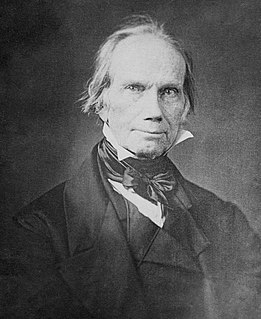A Quote by Friedrich Nietzsche
All credibility, all good conscience, all evidence of truth come only from the senses.
Quote Topics
Related Quotes
It is not possible to provide evidence of life after death to the five senses anymore than it is possible to provide the five senses with evidence of non-physical reality. It cannot be done. The five senses; sight,hearing, taste and smell together form a single sensory system whose object of detection is physical reality. This cannot detect non-physical reality. Humankind is beginning to be able to access data the 5 senses cannot provide.
There is indeed a certain sense of gratification when we do a good deed that gives us inward satisfaction, and a generous pride that accompanies a good conscience…These testimonies of a good conscience are pleasant; and such a natural pleasure is very beneficial to us; it is the only payment that can never fail. “On Repentance
Although there is nothing so bad for conscience as trifling, there is nothing so good for conscience as trifles. Its certain discipline and development are related to the smallest things. Conscience, like gravitation, takes hold of atoms. Nothing is morally indifferent. Conscience must reign in manners as well as morals, in amusements as well as work. He only who is "faithful in that which is least" is dependable in all the world.
the senses alone are not implicitly to be depended on. We must correct their evidence by reason, and by considerations, derived from the nature of the medium, the distance of the object, and the disposition of the organ, in order to render them, within their sphere, the proper criteria of truth and falsehood.
There are and can be only two ways of searching into and discovering truth. The one flies from the senses and particulars to the most general axioms, and from these principles, the truth of which it takes for settled and immovable, proceeds to judgment and to the discovery of middle axioms. And this way is now in fashion. The other derives axioms from the senses and particulars, rising by a gradual and unbroken ascent, so that it arrives at the most general axioms last of all. This is the true way, but as yet untried.
It is immediately apparent, however, that this sense-world, this seemingly real external universe - though it may be useful and valid in other respects - cannot be the external world, but only the Self's projected picture of it ... The evidence of the senses, then, cannot be accepted as evidence of the nature of ultimate reality; useful servants, they are dangerous guides.
There is nothing in the nature of a miracle that should render it incredible:;: its credibility depends upon the nature of the evidence by which it is supported. An event of extreme probability will not necessarily command our belief unless upon a sufficiency of proof; and so an event which we may regard as highly improbable may command our belief if it is sustained by sufficient evidence. So that the credibility or incredibility of an event does not rest upon the nature of the event itself, but depends upon the nature and sufficiency of the proof which sustains it.






































